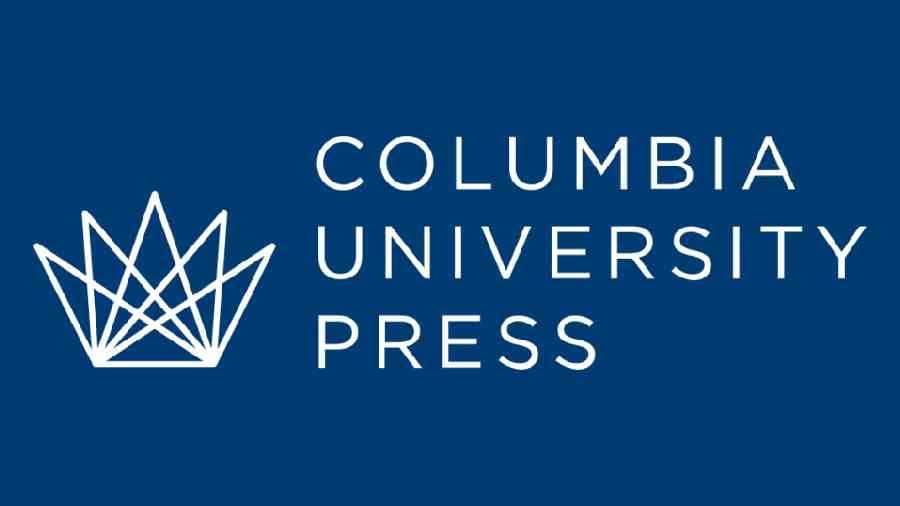Columbia University Press has announced that it will publish a series of Bengali texts in English translation. Called the Bengali Library Series, the project had been conceived a while ago and is being led by scholar Gayatri Chakravorty Spivak.
The announcement on October 10 came after the project received a generous contribution from Rudra Chatterjee, chairman of Obeetee Inc., a New York-based home furnishings company, and managing director, Luxmi Tea Group.
The Kolkata resident graduated with an MBA from Columbia Business School in 2004. Three books will be published at first, with the help of Chatterjee’s contribution.
“They are Rabindranath Tagore’s Kalantar, Michael Madhusudan Dutt’s Meghnadbadh Kavya and Chilekothar Sepai by Akhtarujjaman Elias,” said Chatterjee.
He added that he was drawn to the project because of the interest his father, Luxmi Estate chairman Dipankar Chatterjee, has in Bengali literature, because it is a Columbia University project and because a scholar of the stature of Spivak is leading it.
With Spivak, University Professor, Columbia University, who is originally from Kolkata, Abhijit Gupta, who teaches English at Jadavpur University, Kolkata, and is director, Jadavpur University Press, and Thibaut d’Hubert, associate professor, University of Chicago, will serve as series editors of the series.
Leading Bengali poet and Jnanpith awardee Shankha Ghosh, who passed away in 2021, was a founding editor of the series.
The series will be bilingual, with the original Bengali texts also published. Chatterjee said the texts will be annotated and will contain research, and will be useful for academic purposes as well. This is the first time that such a series of translations of Bengali texts has been planned by a world-renowned foreign university.
“The goal of the series is to preserve the textual traditions of Bengal, one of the cultural epicentres in India and home to some of the greatest creative minds in humanistic endeavours,” says the university announcement.
“The project will bring centuries of literary, historical, and philosophical works from the region to the rest of the world through a series of authoritative editions, complete with scholarly apparatus. Each volume will be printed in a bilingual edition of Bengali and English, a boon to both scholars and heritage speakers looking to learn more about this rich textual tradition.”
The university’s statement quotes Spivak on the significance of the series for the Bengali language in a rapidly changing world.
“Given the powerful presence of global English, this rich history will be lost in another generation if our series does not establish itself now.
The texts can travel from persons located in India to the very wide Bengali diaspora that started in the sixteenth century and has increased exponentially in the contemporary globalised world and beyond,” she said.
A previous announcement about the series made by Columbia University had said: “Although Bengali writing is an old and rich cultural tradition, the world community has paid little attention to it since Rabindranath Tagore won the Nobel Prize in 1913.”
